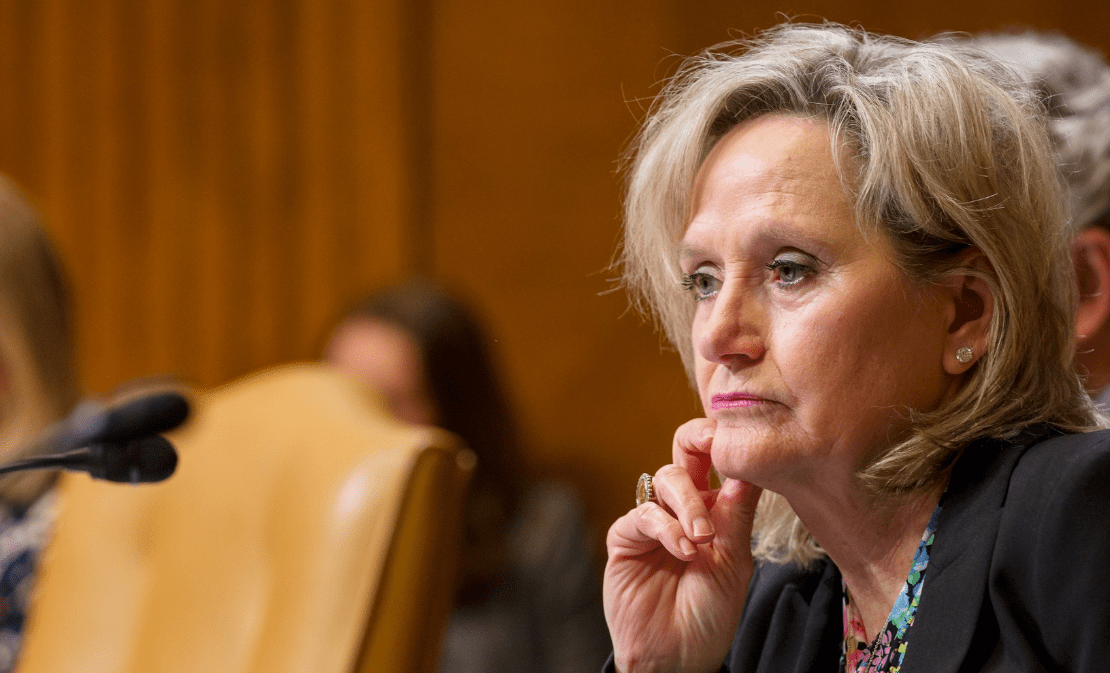
FILE- Light illuminates part of the Supreme Court building on Capitol Hill in Washington, Nov. 16, 2022. (AP Photo/Patrick Semansky, File)
- Justice Kavanaugh wrote that under the Court’s current case law, the Mississippi law is likely unconstitutional.
The U.S. Supreme Court has denied NetChoice’s emergency application to temporarily halt Mississippi’s law known as the “Walker Montgomery Protecting Children Online Act.”
The law, which was unanimously passed by the Legislature in 2024 and signed by Governor Tate Reeves, requires social media platforms to make reasonable efforts to prevent or mitigate children’s exposure to potentially harmful content while using the platforms. One way of doing that is by age verification.
NetChoice, a trade association, challenged the Mississippi law, claiming that the legislation violates citizens’ constitutionally protected rights, endangers their online privacy and security, and thwarts their rights to make decisions for their family as they deem appropriate.
NetChoice’s members include Amazon; Google, owner of YouTube; Snap Inc., the parent company of SnapChat; Meta, which owns Facebook and Instagram; Netflix; X; and other prominent online platforms.
The trade group asked for the U.S. Supreme Court’s intervention after a federal three-judge panel at the 5th Circuit U.S. Court of Appeals overturned a lower court decision, allowing the law to take effect in the Magnolia State as the legal challenge and others like it across the nation continue.
In the denial, Supreme Court Justice Brett Kavanaugh wrote, “I concur in the Court’s denial of NetChoice’s application for interim relief because NetChoice has not sufficiently demonstrated that the balance of harms and equities favors it at this time.”
However, Kavanaugh added that under the Court’s current case law, the Mississippi law is likely unconstitutional.
“To be clear, NetChoice has, in my view, demonstrated that it is likely to succeed on the merits namely, that enforcement of the Mississippi law would likely violate its members’ First Amendment rights under this Court’s precedents,” Kavanaugh wrote.
In a statement on the denial, NetChoice said it remains confident they will succeed at ultimately striking down the Mississippi law.
As previously reported, the new law was authored by State Rep. Jill Ford (R) in response to the tragic death of 16-year-old Walker Montgomery of Starkville after someone he met online asked for money. When Montgomery said no, the online predator threatened to release a sexually explicit video of him. After continued pressure by the predator, Montgomery took his own life in 2022.
Following an investigation which included assistance from the FBI, it was revealed that the individuals preying on the teen were overseas. Other instances of predatory activity on minors in the area have also been reported.











